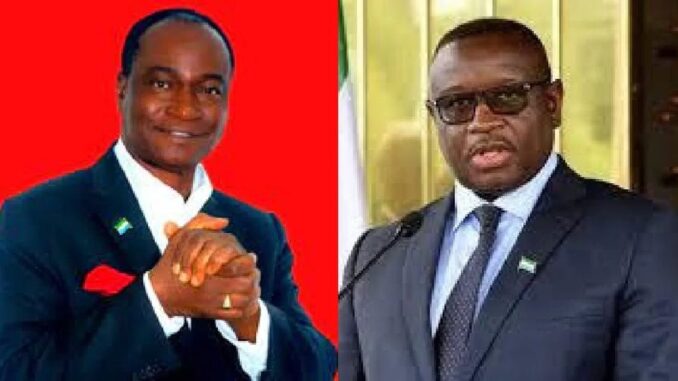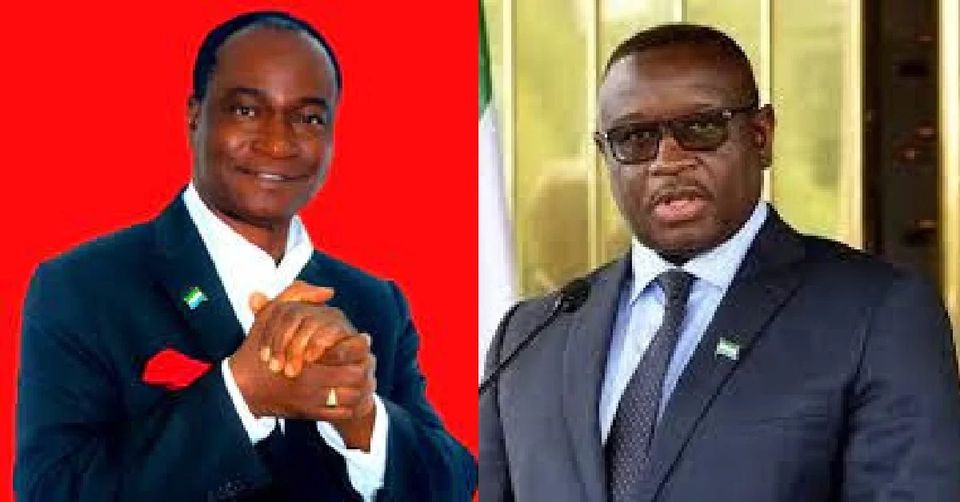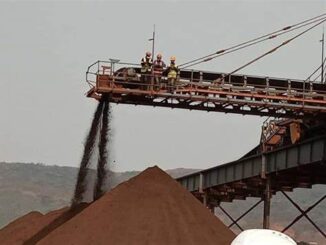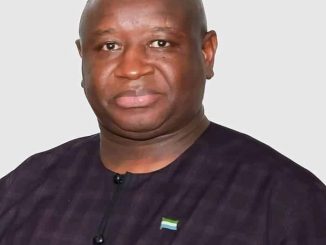
THERE ARE ONLY TWO HORSES IN THIS RACE
Titus Boye-Thompson. London
As the elections approach, the forebodings of many a political observer seem warningly predictable of a more sinister outcome than what the present situation outline. The abuse of state power to restrict the opposition leader has become an own goal. There is nothing more that could be done to hide the pure unadulterated fact that there are only two horses in this race. For the first time, the people are going to have to choose a President because of who he is not because of what he can do for them. In such a popularity stake, it should be a foregone conclusion that a clear winner must emerge before the polls but the sad fact is that life events can never be that predictable. This will be a personality contest, a battle for the hearts and minds of the people of Sierra Leone.
On the green corner, we have the incumbent President, the dancer and frequent flier who has done nothing but shut down the leakages by creating much bigger potholes to fix the state of austerity he inherited. On the red corner is the proven technocrat with a plethora of experience having served almost all hues of Government since after the War. So where we have a hitherto unemployed former soldier who was recently declared by his own wife as a man with the PhD in coups, now dressed in civilian clothes, facing a man of very vast experience at local, regional and global levels, feted by all and sundry, equally in high society as well as within the grassroots of society and now recently given an overwhelming ovation overseas. One can only hasten to say that the rational conclusion anyone can draw would be a win for common sense, the technocrat should have it.
The former soldier walked away from peace
This has been said before but it is crucial that we revisit the pragmatic indicators again. The tendency for violence and conflict is warming up incessantly and the suspicion that the Electoral Commission is bent on rigging the elections in favour of the incumbent ex soldier is pervasive.
The issue that concerns everyone centres around the possibility that the institutions charged with maintaining a level playing field would for whatever reason be attempting to subjugate the lawful conduct of these elections when there is every likelihood that the state may be pushed to conflict otherwise. Those who have studied these scenarios would tell you that anything short of a free and fair election in Sierra Leone has a very high possibility of plunging the country into war and this time, the war will be tribal and wholly barbaric.
In the context of this likelihood of violence, the Marlborough Dialogue was invoked to bring the two horses to the barn, so to speak, to get them to understand why they should adhere to the parameters of the race. Taking the soundings from both camps, the former soldier brushed off the meeting and refused outright to sit and engage with his adversary while the technocrat welcomed the opportunity to dialogue , insisting that all he is asking for is a level playing field and let the decision be left to the genuine will of the people. For some reasons and a twist of fate, the dialogue did not hold. This happened despite the fact that government institutions frustrated the technocrat from leaving the shores of the country, attempted to eve stop him from travelling from the brand new airport built by the former soldier upon which intelligence the technocrat had to travel via Guinea and then got held up somewhat.
Upon all the barriers placed in his way, the technocrat was able to arrive in the nick of time, had some fruitful engagements with the Sierra Leone business and political communities and then held a massive town hall meeting in London to the welcome assurances of all on his vision for peace and development for the whole country. The former soldier had to leave London as unannounced as he came and was unable to sit and talk to the technocrat who had been a friend and colleague all this while. In any event, the former soldier walked away from peace.




